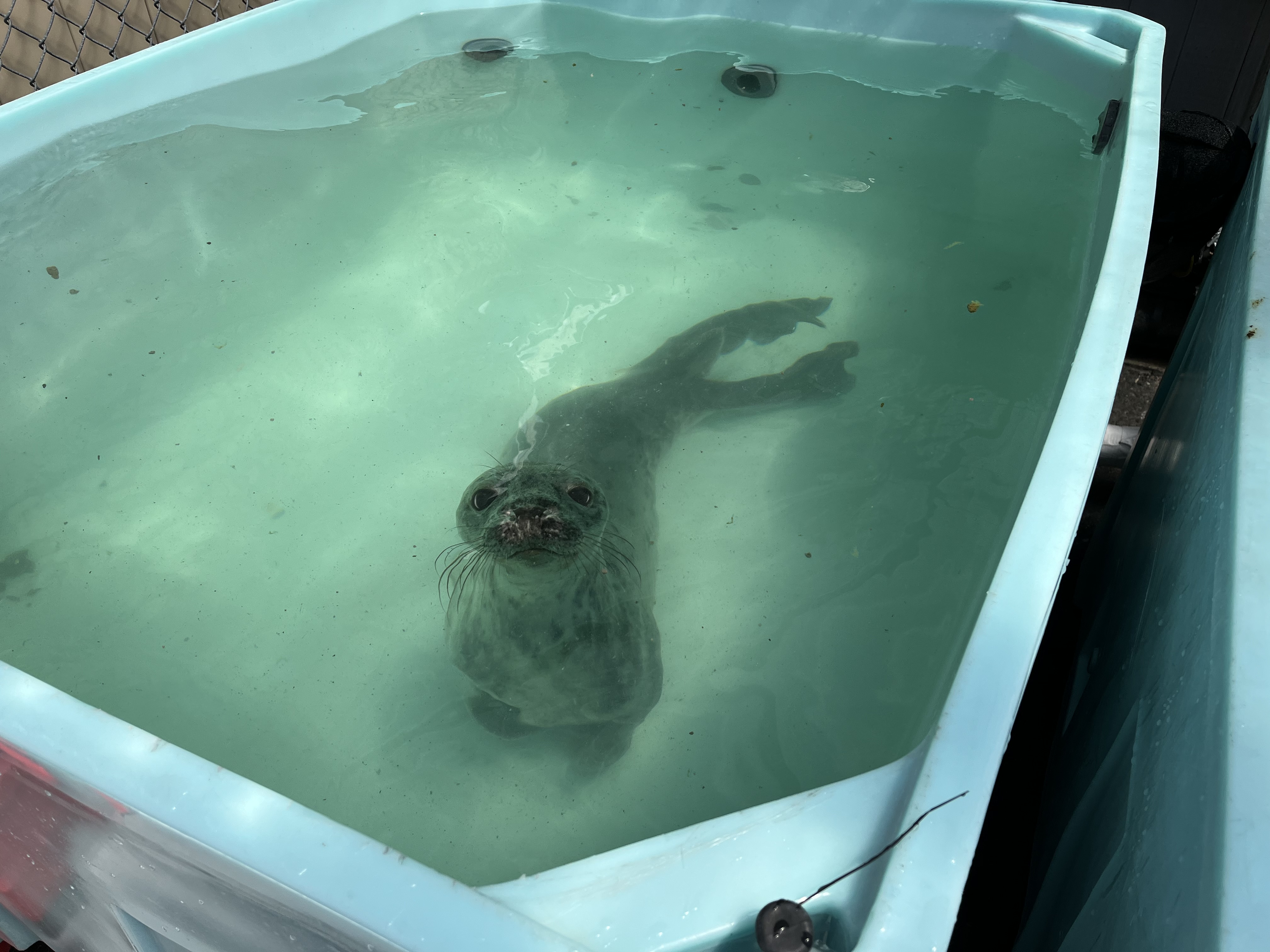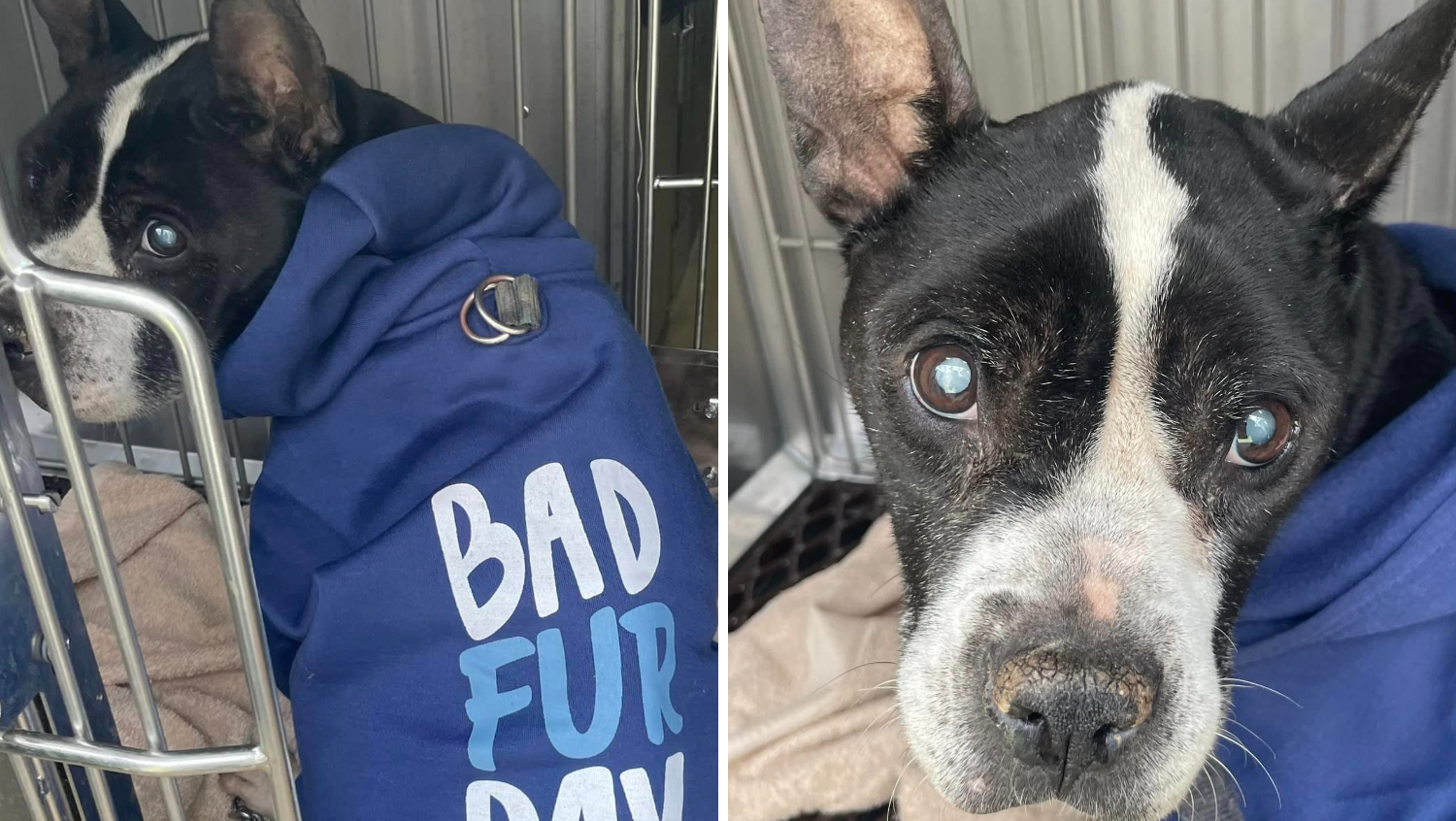Lawmakers are once again trying to make a difference when it comes to gun violence in this short legislative session.
NBC Connecticut's Mike Hydeck spoke with Sen. Bob Duff (D-Norwalk) about the chances something can get done.
Mike Hydeck: "So state legislators are getting lobbied right now to create an office of gun violence prevention. The group Connecticut Against Gun Violence is asking for it. What do you think is the likelihood of that happening?"
Bob Duff: "Well, I think the likelihood is very good, you know, Connecticut has been a leader in gun violence prevention. In fact, Connecticut is the fourth safest state in the nation and a lot of that is attributed to many of the criminal justice reforms we've done over the last 10 years, the fact that we have partnered with a number of different groups, we encourage community policing, and that we've taken steps that many other states have not done, where we have lowered crime and other states have increased crime. But, you know, any of us, whenever we see gun violence, whether it's in urban areas, or suburban areas, or rural areas, we need to make sure that we take action. And so whatever we can do, that needs to be done, really from the bottom up, not the top down. And I think that some of these community prevention ideas and coordination ideas are also a good idea. And we should be embracing all of those kinds of things to reduce gun violence in our state."
Get Connecticut local news, weather forecasts and entertainment stories to your inbox. Sign up for NBC Connecticut newsletters.
Mike Hydeck: "So now speaking about reaching out to the community, the Senate's gun violence intervention and prevention committee had a series of in-person and local meetings looking for solutions. Has there been anything actionable from those? You know, they were talking to nonprofits and police and community activists - what have you learned from those?"
Bob Duff: "Well, there's a very comprehensive report. And I think there are a number of ideas that have been out there, In fact, Senator Marilyn Moore from Bridgeport has been extremely helpful on that and dedicated to that cause we have a number of other senators in our caucus who represent urban areas who have also worked on many ideas. I think that part of this, part of what we do in our session is to listen to those ideas, read reports, and come up with the best solutions, and then frankly, you're gonna have to have money behind it as well. So I think that what we're looking at and how best to make sure that whatever we do is not just putting money into an issue, but also making sure that that money has an impact in the communities. And not just to say that we're doing something, but actually make a difference and have real desired effects."
Mike Hydeck: "Is there a ballpark on what kind of money could be put to any legislation to try to move forward with this?"
Bob Duff: "I think we'll check to see over the session what that will be. It's part of the discussions, and I wouldn't want to speculate right now as to how much that might be."
Mike Hydeck: "So as we know, gun violence comes from a multitude of things. What role can things like job training, affordable housing options, play in ending gun violence? And would that be part of a plan, do you think, moving forward? Because addressing the root causes are what's going to help stop this, not necessarily throwing money at programs."
Bob Duff: "Right, absolutely. And I think that a lot of things always work to reduce crime and violence in our communities. Certainly, making sure that we have a stable economy, and getting our economy back on track after COVID. Reopening as we have been doing. Remember, we've been seeing over 10 years of reduction in crime, and that's why Connecticut is the fourth safest state in the nation. The pandemic, not only in Connecticut, but through our country and worldwide, has seen an increase in some violent crimes like murder, and also youth crimes as well. So that's why I think that it's important to make sure that we embrace these things, that we get people back to work again. We continue some of the programs in the judicial branch that had been suspended over the pandemic, and because a lot of times when kids didn't have something to do, or there were other programs in the communities, that's when we saw some trouble. It's not a lot of our youth, there's very few who actually commit crimes over and over and over again. So it's a matter of intervention and making sure that we provide ways in which we can intervene and nip that in the butt so that we don't have recurring crime over and over again."
Mike Hydeck: "Yeah, and not only Republicans would disagree with that statement, but police chiefs like the police chief in Waterbury would say, 'look, I have teenagers that have stolen cars six times. We don't want them involved in gun violence as well.' Is there a way to take a step forward? Are you completely against kind of changing the way repeat offenders who are teenagers are treated by the law? I mean, that's a push on the Republican side. What's your take on it?"
Bob Duff: "Well, what we've seen is that the tools are there already, it's a matter of the police departments and the judicial branch working together. There are plenty of opportunities where we can get some of those repeat offenders and put them away and make sure that they go to jail for the crimes that they're committing. Some of it has actually been as simple as an MOU between the departments. When we sat down, and I know there's been forums all over the place, literally asking the police, you know, 'what more can we do?' They say we need to have greater cooperation with the judicial branch and sharing of information and frankly, there's been also some work done on a regional basis here in Fairfield County, and that has actually produced some desired benefits and reducing of some of the car thefts and some of the car break-ins that we've had. So I would say that the solutions are there, it's a matter of the will to do it. Let's not have, you know, rhetoric that doesn't solve anything, let's make sure we have an actual plan. I remember when we had this tough-on-crime mentality back in the 90s, we didn't have any population gain, we threw a lot of people in jail, and we still had the same stats when it came to crime. So it's more about intervention, it's more about community services, and it's also about making sure that we put the violent offenders away and that if we have repeat offenders, that they're held accountable, and that we do the proper intervention so that we reduce some of the incidents that we've seen across the state."



